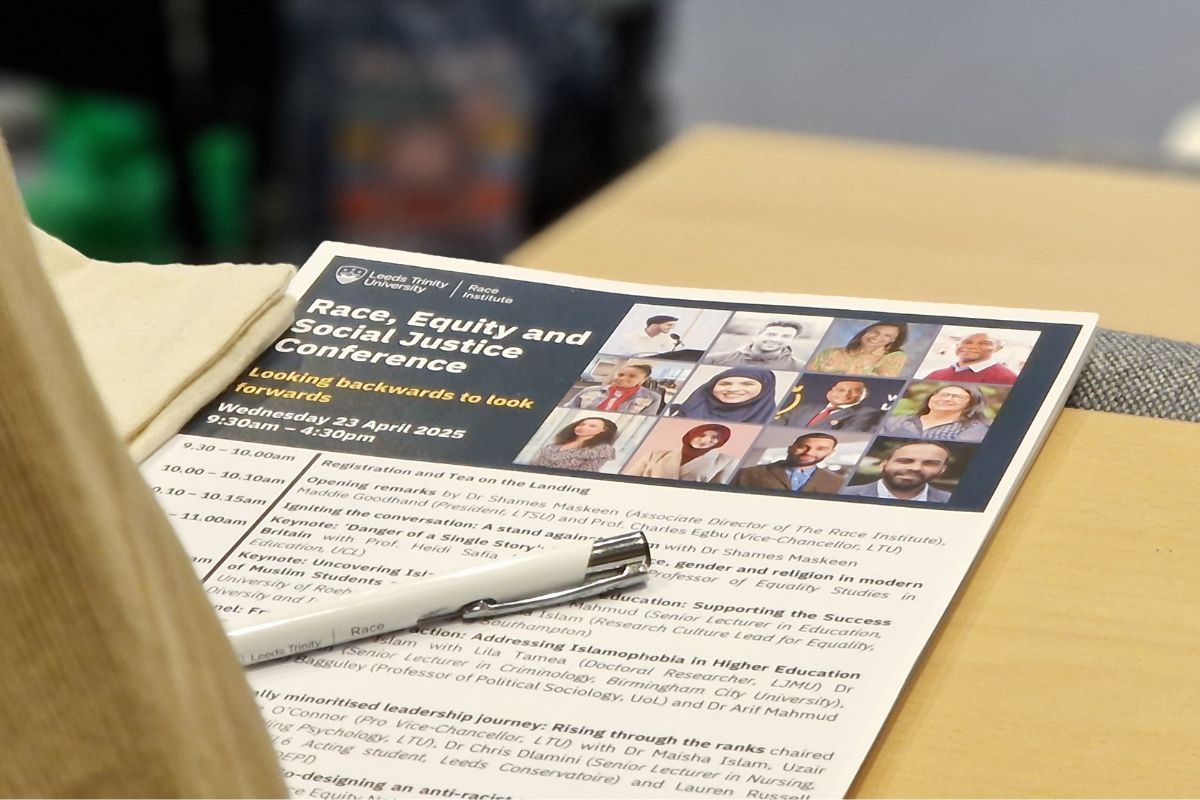More employers are feeling positive about the economy – but work still to do, suggests poll.

More employers are feeling positive about the economy, according to the Recruitment and Employment Confederation’s (REC) latest JobsOutlook.
In the poll of 501 employers, they gave their most positive response about their confidence in the UK economy for over two years – and there was a surge in their confidence in making investment and hiring decisions for their own firm.
Neil Carberry, Chief Executive of the REC, said:
“Evidence is building of a turn in employer sentiment. Firms tend to get more confident about their own prospects long before their view of the wider economy improves, and we can see that in this month’s data. It is still early days in this recovery but drops in inflation and an anticipated summer rates cut will hopefully see employers act against this better outlook. Employers would do well to remember how tight our labour market is – waiting too long to press ‘go’ might lead to them missing key talent in the upswing.
“As the General Election campaign really begins this week, it is encouraging that political parties are talking about employment matters. But they all need to explain how they intend to grow the economy in the labour market context we have now. That means we need to hear much more about plans for an industrial strategy that puts the workforce at its heart and a skills system that does not marginalise temporary workers.”

Across February-April 2024, the perception of how the UK economy was performing improved by five points, compared to the three months to February 2024, to net: -36. This was the most positive response since February-April 2022 – and optimism levels improved across the quarter, registering net: -27 in April.
In terms of employers’ confidence in making investment and hiring decisions, sentiment surged by a notable 12 points this quarter, taking the barometer back into positive territory (net: +5). Confidence similarly improved across the quarter, reaching net: +15 in April.
In contrast to short-term permanent hiring plans, which weakened across the quarter, medium-term (next four to 12 months) sentiment remained relatively static over the three months – but it improved by four points compared to the three months to February. This reflects a heightened level of forecast demand in medium-term permanent hiring among medium-sized organisations, and with sentiment strongest in London (net: +28) and the Midlands (net: +27).
And employers’ sentiment about hiring more short-term temps is up three points in the latest quarter (February-April 2024) compared to the three months to February. And this upping in sentiment is strongest among small and medium size organisations – strongest in London (net: +22) and weakest in the North (net: -3).
Flexing the immigration system to better address acute labour and skills shortages is a crucial priority for many businesses. A separate poll conducted by Savanta ComRes for REC, asked 161 employers about their priorities for immigration reform.
Among those employers which do factor candidates from overseas into their workforce mix, building a domestic pipeline was perceived as the most important area of focus (21.3% said it was their top priority). And the need to reduce the recently hiked minimum salary threshold was the key priority for 17.5% of employers and just 15.5% said quicker processing of visa process to get overseas workers into jobs was their top priority. In contrast, there was notably less concern about reforming the Immigration Salary List then we expected (4.5%) or allowing overseas care workers to bring their dependents (4%).
Neil Carberry said:
“The General Election campaign is a great opportunity to debate today’s people and labour market challenges. This should include new thinking on skills development and retraining, but also how to make the UK an attractive destination for investment. This data shows firms are ready to do the hard work. An internationally competitive immigration system is part of that – at the moment, it is too costly and too difficult for employees to navigate. The cost to the UK economy in lost wages and profits could be up to £39 billion every year if we get this wrong – the equivalent of two whole Elizabeth Lines.”
In a REC Overcoming Shortages report, it show exactly how much damage could be done if we don’t step up. With a 10% surge in demand for staff across the economy, and the labour market restricted by shortages, we could see a 1.2% fall in expected GDP and productivity by 2027 – costing the economy anywhere between £30 billion and £39 billion every year. This figure is just short of the entire current defence budget, or two whole Elizabeth Lines.











Responses